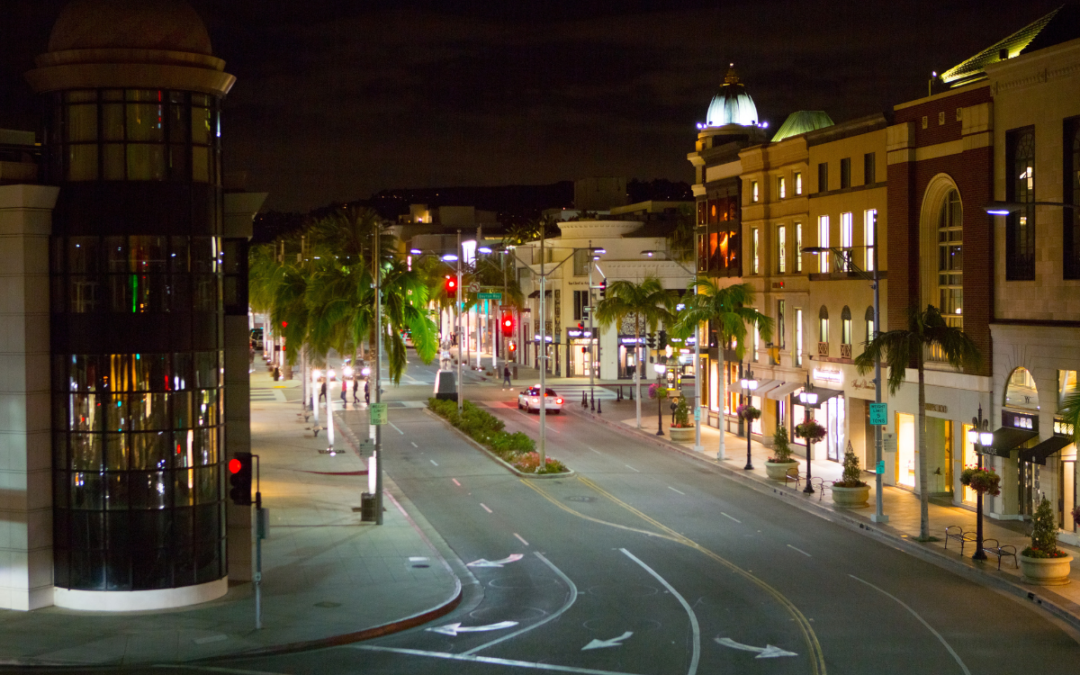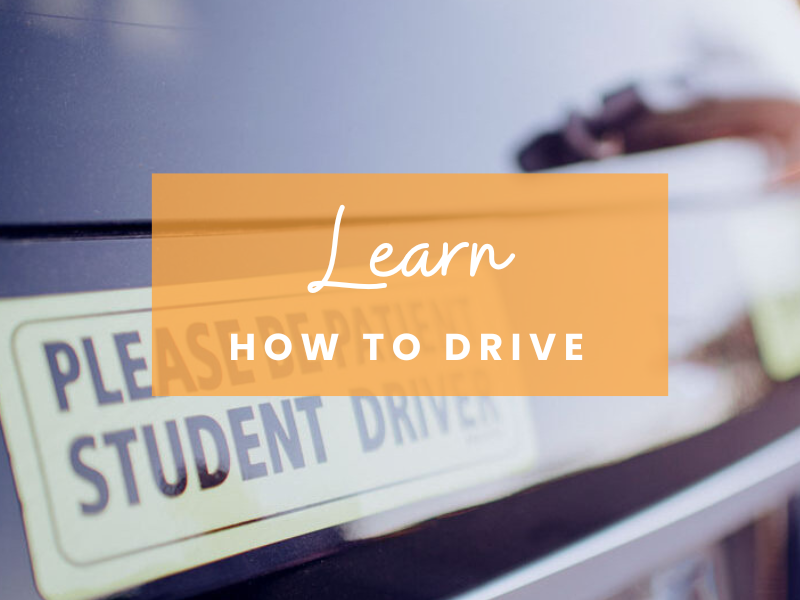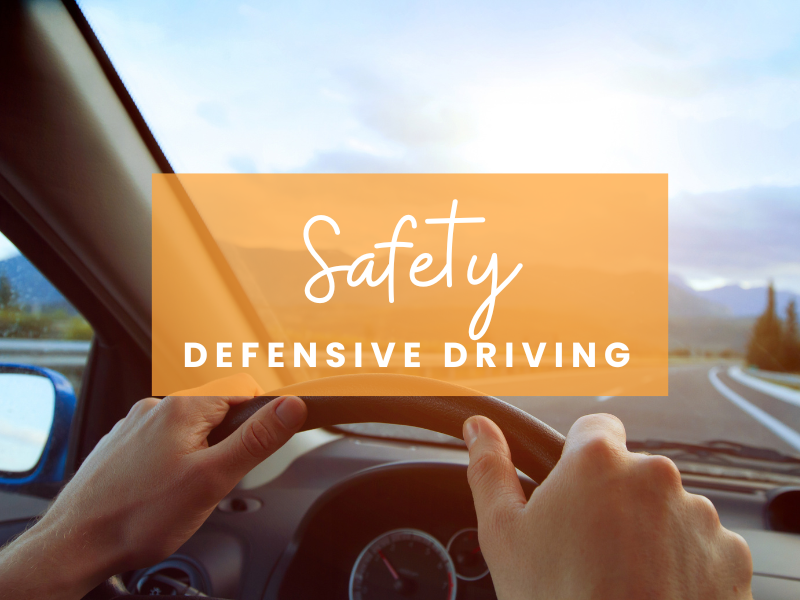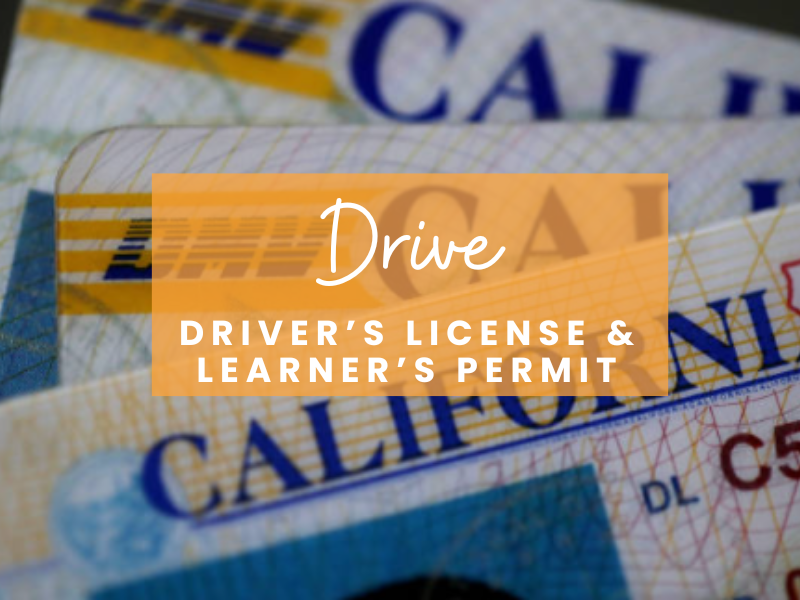California Provisional License Curfew | The Rules and Exemptions
Teenagers in California embark on a new journey of independence and responsibility as they earn their provisional driver’s licenses. However, specific restrictions accompany this freedom, aiming to protect young drivers and their passengers. The curfew, restricting the hours provisional license holders can drive, serves as one such limitation. Let’s explore the details of this regulation, its purpose, and the applicable exemptions.
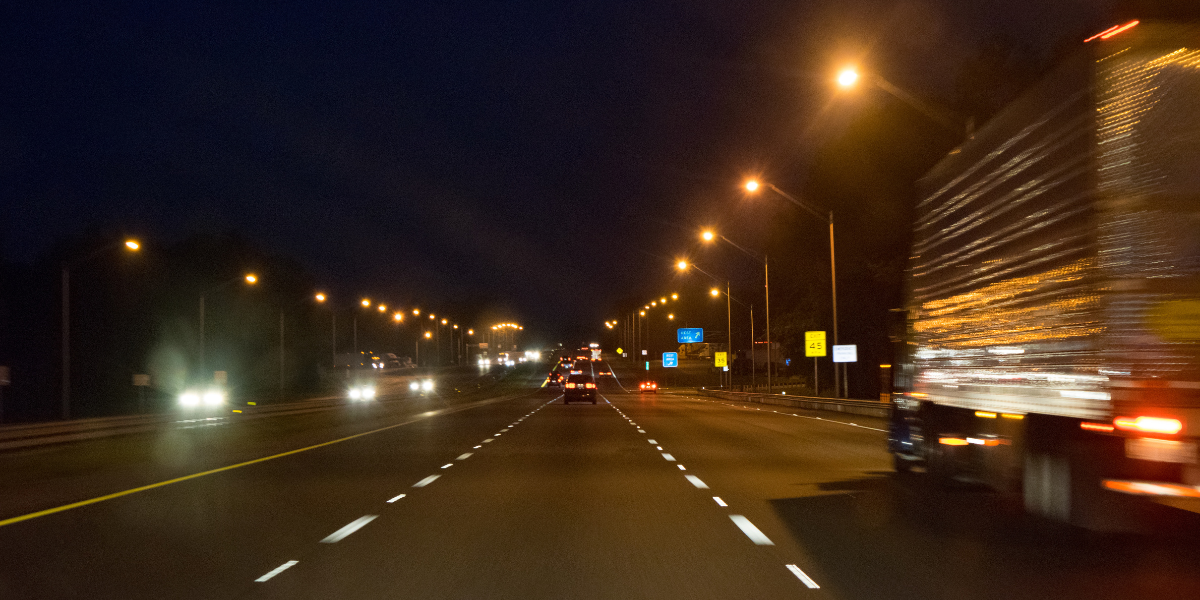
The Curfew Rule Explained
California’s provisional driver’s license curfew restricts driving between 11 p.m. and 5 a.m. for all drivers under the age of 18.
This rule aims to reduce the risk of accidents involving teen drivers, who are statistically more likely to be involved in collisions, especially during nighttime hours when visibility is reduced and the likelihood of encountering impaired drivers is higher.
The Importance of the Curfew
The rationale behind the curfew is grounded in safety. According to the National Highway Traffic Safety Administration (NHTSA), the fatal crash rate per mile driven for 16- to 19-year-olds is nearly three times the rate for drivers aged 20 and over. Nighttime driving significantly contributes to this increased risk. By limiting young drivers’ exposure to these hazardous conditions, the curfew aims to protect not only the teens but also other road users.
Exemptions to the Rule
Compliance and Enforcement
Adhering to the provisional license restrictions, including the curfew, is crucial for the safety of teen drivers and others. Violations can result in fines, extension of the provisional license period, and even suspension of driving privileges. Therefore, understanding and complying with these rules is in everyone’s best interest.
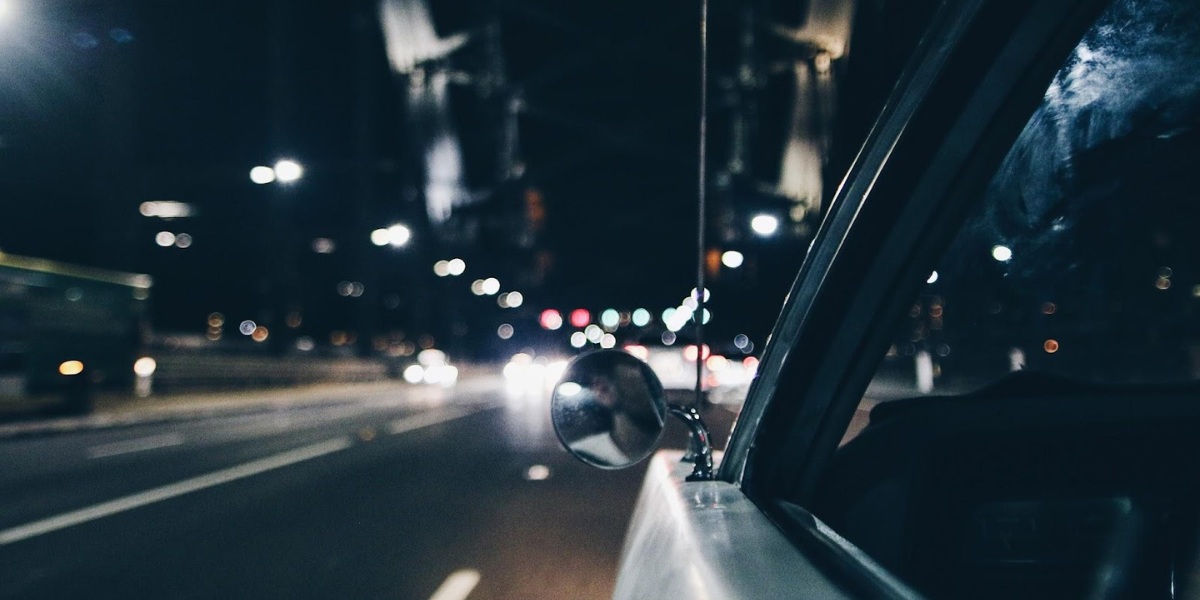
California Provisional License Curfew
The curfew for California’s provisional license holders acts as more than just a rule; it serves as a safety measure tailored for young drivers’ best interests. Teens who adhere to the curfew and responsibly utilize exemptions can enjoy driving privileges while minimizing risks to themselves and others. Gaining experience and maturity behind the wheel, these young drivers prepare themselves for the day the restrictions lift, allowing them to fully embrace the road’s freedoms.
Drive with Confidence!
Keep up with all the latest driving news. Expolre our blog packed with essential tips and expert advice on all things related to DRIVING!

